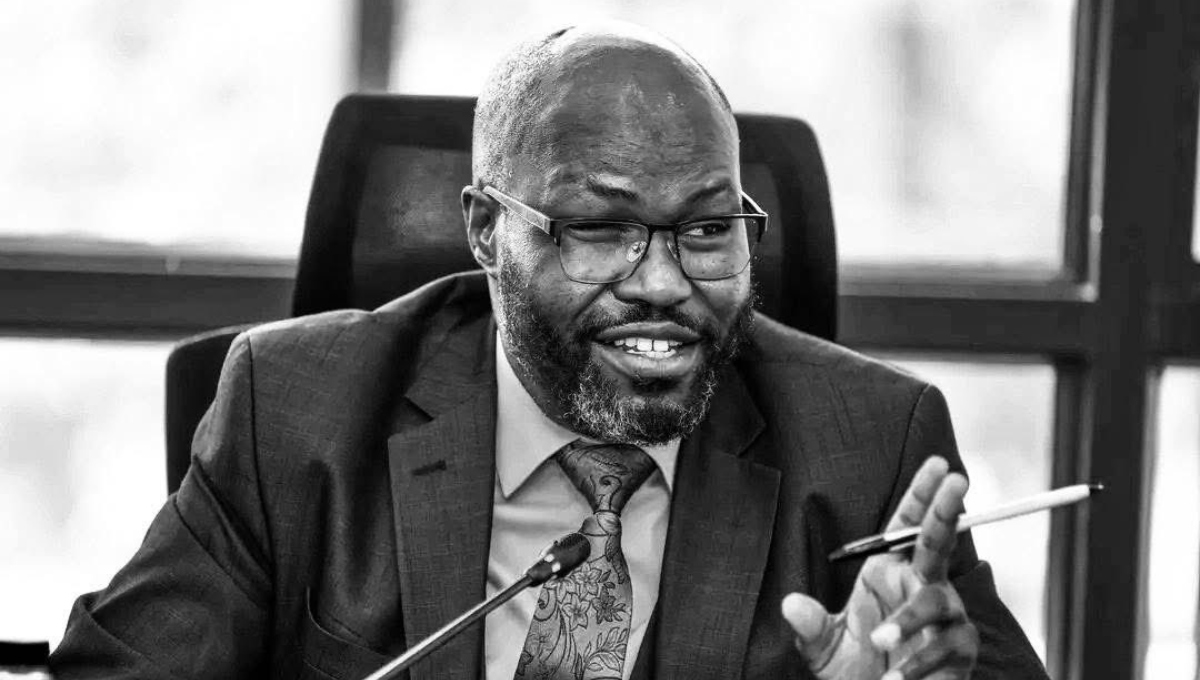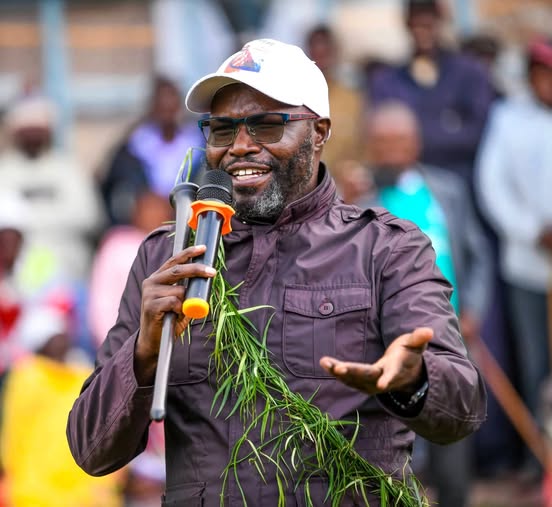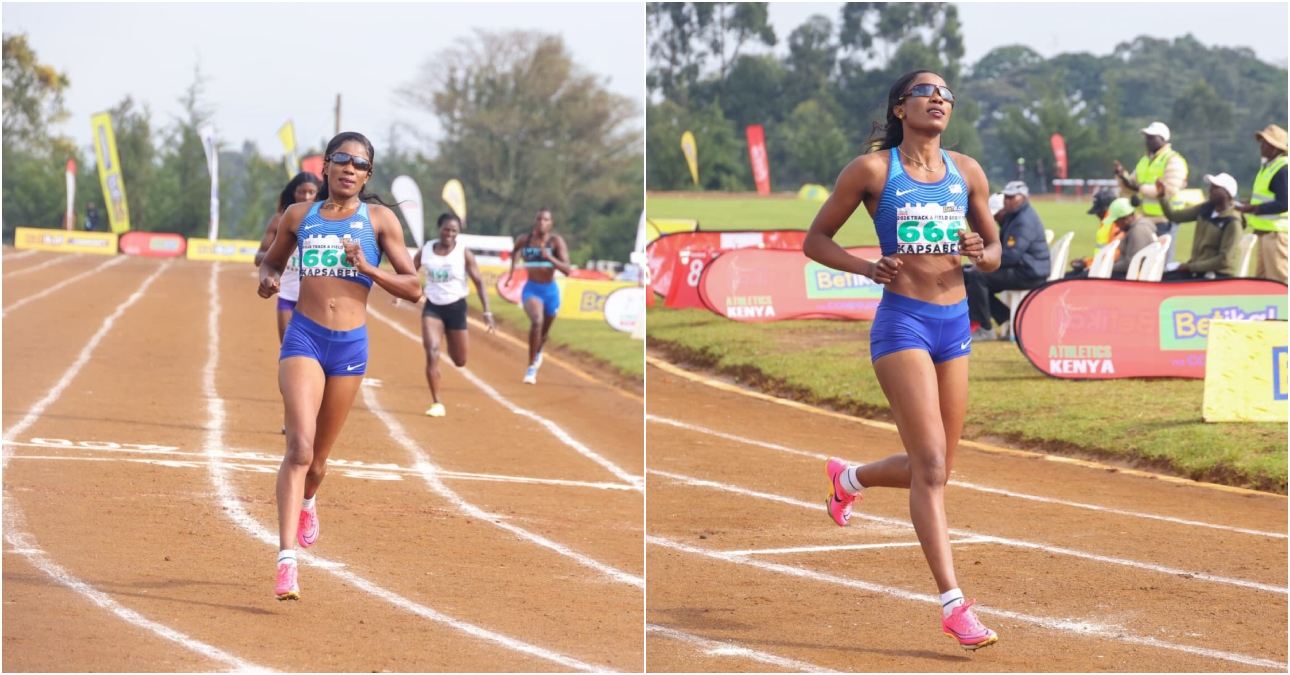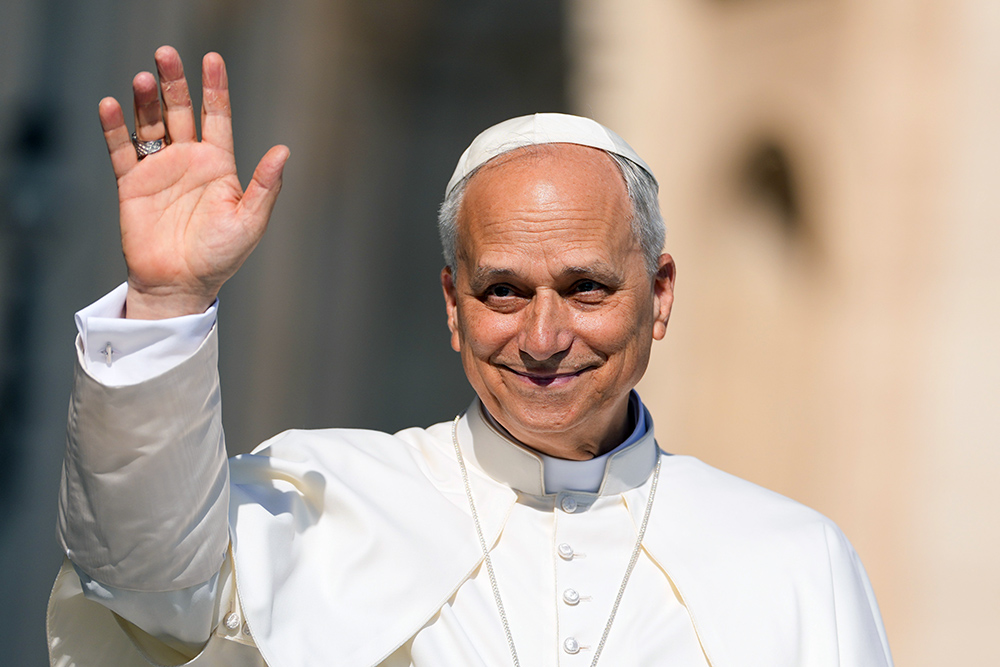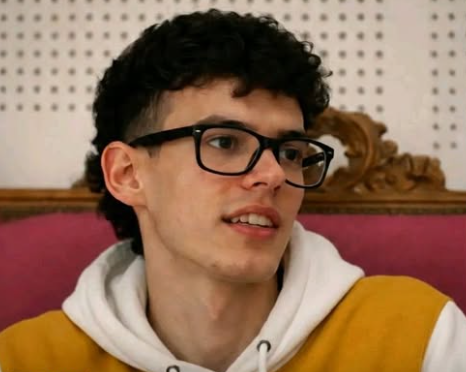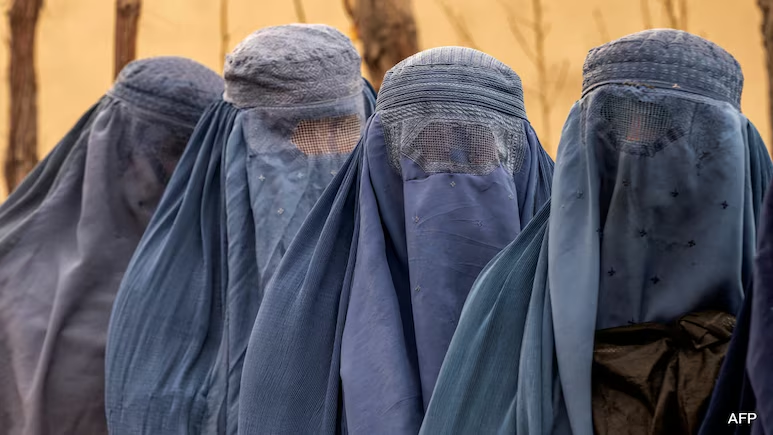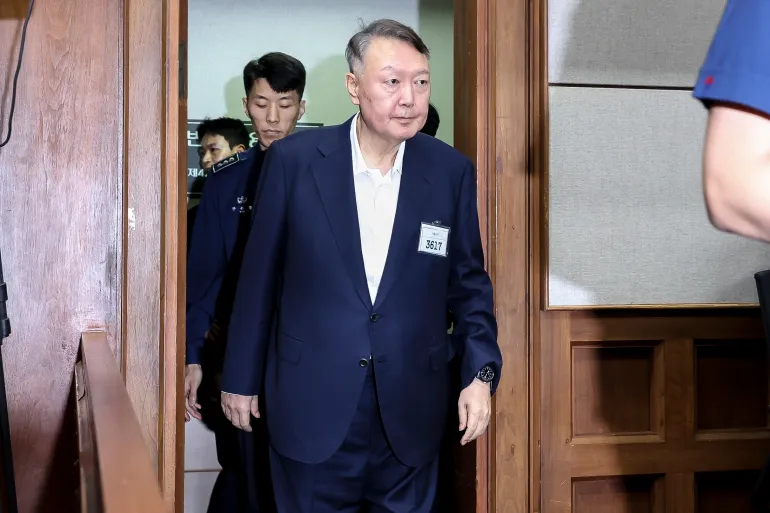Lilian Ng’ang’a has called on young women to prioritize healthy eating and to think twice before going under the knife, warning that the rush for cosmetic procedures is doing more harm than good.
The former Machakos County first lady expressed concern about a growing culture, especially among Kenyan influencers, in which quick fixes and extreme procedures are becoming the go-to solutions for body confidence.
“In our 20’s, we were skinny, young girls just enjoying life. Idk. What changed?’
Ng’ang’a’s message was clear and personal: invest in your long-term health rather than chasing a trending look. She argued that improved diet, regular exercise and self-acceptance offer safer, sustainable ways to feel good about your body.
“Nothing tops healthier eating and exercise. It is also cheaper, even if you have the money to spend it.”
Not everyone agreed to this. Popular influencer, Pritty Vishy, pushed back publicly, defending those who choose to alter their appearance and describing the decision as a personal one. She has previously shared details of her own procedures and the costs involved, arguing that adults should be free to make decisions about their bodies without moralizing commentary.
Cosmetic surgery has evolved from an occasional celebrity indulgence to a visible trend among everyday Kenyans, fuelled by social media, peer comparisons and the visibility of influencer lifestyles.
Brazillian butt lifts, lips augmentations, facial contouring and other procedures are increasingly common talking points online; when high-profile creators post before-and-after photos, the appetite for similar transformations grows.
Critics warn that inadequate regulation, unqualified practitioners and the pressure to emulate polished feeds leave many young women vulnerable to complications and long-term regret.
Public conversations like this matter because they shape how young people weigh risks against rewards. Ng’ang’a’s plea for healthier living is not an attack on personal choice so much as a call for informed choices, better health education, stricter standards for clinics, and honest conversations about the emotional drivers behind cosmetic decisions.
Meanwhile, influencers who openly share their experiences say transparency helps others make realistic choices. Both sides, in different ways, are asking for a safer environment: one through prevention and education, the other through openness and agency.
As Kenya’s beauty culture continues to evolve, the debate will likely keep following the same line: how to balance individual freedom and self-expression with public health, safety and the well-being of young people navigating a visually driven world.



